Buy a Painting by Style Carré d'artistes
Considering Buying a Painting by Style?
Carré d'artistes presents a way to understand art through a wide selection of paintings. Grasp the logic of pictorial desacralization, which is expressed through the blending of painting styles that have shaped art history.
Discover different painting styles at Carré d'artistes:
- Abstract Painting
- Figurative Painting
- Street Art Painting
- Pop Art Painting
- Illustration Painting
- Singular Art Painting
- Surrealist Painting
Read more
Make your painting purchase by style a reality through our vast network of over 600 artists! Save your favorites in your "wishlist" to stay updated on news from your favorite artists and galleries! Also, receive the best in contemporary art news by subscribing to our newsletter.
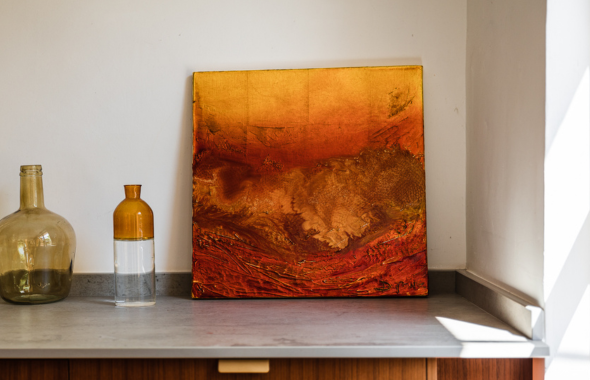
Figuration and Abstraction: The Thin Boundary of Painting Styles
Depicting Reality through Figurative Art
Until the 19th century, the practice of painting was exclusively governed by the representation of scenes and external objects in their strictest truth, following the academic principle of mimesis.
From the Renaissance to Realism, artists depicted nature and humans as the evolution of painting techniques unfolded. The Flemish painter Jan Van Eyck, renowned for perfecting oil painting, excelled in a new genre of portraits, while Albrecht Dürer excelled in the art of animalistic and landscape watercolor. During this period, the artist's emotions were conveyed through the play of colors, textures, and symbols.
With the rise of Impressionism and Cubism, figuration takes on a new definition, to the extent that the boundary with abstraction becomes porous. The notion of reality is distorted through forms and colors. Surrealism tends to represent the subjective truth of the artist. Even the revival of reality initiated by the pop art movement in the 1960s is subverted by some artists who don't hesitate to incorporate abstract references.
Expressing Emotion through Abstract Painting
The foundations of this artistic movement were laid by the expansion of Impressionism and Cubism. Pablo Picasso is the most striking example as he didn't hesitate to disintegrate reality into geometric shapes.
The birth of abstraction is generally attributed to Vassily Kandinsky, who first created a painting that departs from the visible. From then on, it's about representing the sensory world as perceived by the artist through colors and forms.
Since that time, contemporary painters have embraced this subjective trend and developed new painting styles such as surrealism or minimalism. A brushstroke becomes a particular interpretation, a solid background evokes the passage of time. The academic rupture of mimesis is complete: the intrusion of this new movement within figurative art implies a systematic adaptation of reality by contemporary artists.
How to Find Your Painting Style?
Finding your artistic style can be an important decision for any artist. It is essential to find a style that allows you to fully express yourself and aligns with your artistic sensibility. Whether you're drawn to abstract, realism, impressionism, or other artistic movements, it's important to take the time to explore different techniques and approaches to discover the one that suits you best.
When it comes to mural painting, the choice of style can also depend on the context in which you want to integrate your artwork. You can opt for a more classic and traditional style to create a timeless atmosphere, or you can turn to more contemporary and bold painting styles to bring a touch of originality to your space. Whether it's landscapes, portraits, or abstract art, the choice of mural painting style can completely transform the ambiance of a room.
Regarding different types of mediums, there are a multitude of options to explore. Canvases are one of the most commonly used mediums, offering a smooth and versatile surface to work with various painting techniques. Wooden panels can also be used to add a unique texture to your artwork. Additionally, the walls themselves can serve as a canvas, providing the opportunity to create impressive and immersive wall murals.
Finding your own style is a process that requires patience and experimentation. It's important not to be afraid to try new things, mix different techniques, and explore different subjects. Your personal style will evolve over time, and it's essential to remain open to influences and inspirations that surround you.
Exploring Different Styles Expanding Reality
- Surrealism: It's the perfect example of blending painting styles. Surrealists distort reality to attempt to explain the inexplicable, the dream. How can one not think of "Catalan Landscape" by Miro, in which the artist interpreted real elements typical of the Spanish landscape by associating them with symbolic notions.
- Illustration: This pictorial style is another manifestation of the blurring boundaries between the real and the symbolic. It originates from Realism, which involves faithful representation of the subject to reality.
Contemporary illustration appears as a caricature of this movement, as still lifes, portraits, and landscapes are distorted, colored, and interpreted in the artist's manner. Depending on how the artist decides to create their artwork, they can play with the symbolic dimension they wish to attribute to a particular subject. Carré d'artistes invites you to discover Elisabeth Davy-Boutier, who immerses herself in daily moments to offer a whimsical version.
Contemporary Painting Styles
- Street Art: It's a pictorial movement in which graffiti is the flagship form of expression. It is a personal artistic form that aims to present itself to the world and deliver a generally societal or political message. Waves of repression that have impacted the street art movement have led some artists to transfer their thoughts onto canvas. Using spray paint or aerosol cans, artists depict a scene, a portrait, or an object evoking the urban atmosphere. Graffmatt is a contemporary artist who demonstrates that street art is a figurative pictorial practice tinged with expressionism.
- Pop Art: Pop art is an American painting style of the 1960s that follows the logic of traditional Realism. Religious icons and heroic scenes are replaced by emblematic figures of contemporary pop culture. Artists don't hesitate to caricature celebrities and fantastical characters to offer a personal perspective on their essence. The artworks of Valérian Lenud illustrate this trend and allow you to rediscover Darth Vader or the Pink Panther from a new angle.
- Singular Art: Among the painting styles, Singular Art is a unique movement that is said to have been created in the late 1970s. It brings together self-taught artists who deviate from conventional pictorial character. It is a raw style in which artists emancipate themselves from the intellectual dimension of the artwork to propose a spontaneous painting, an assemblage of lines and shapes sometimes without any specific meaning.
Discover with Carré d'artistes the infinite richness of painting styles that inspire the most talented contemporary artists.
Paintings by technique

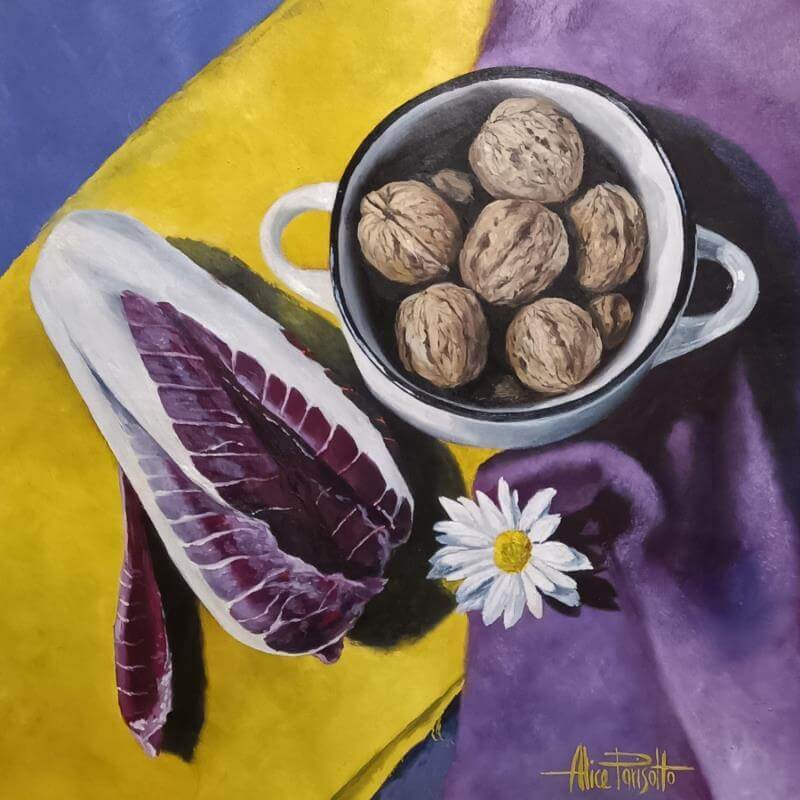
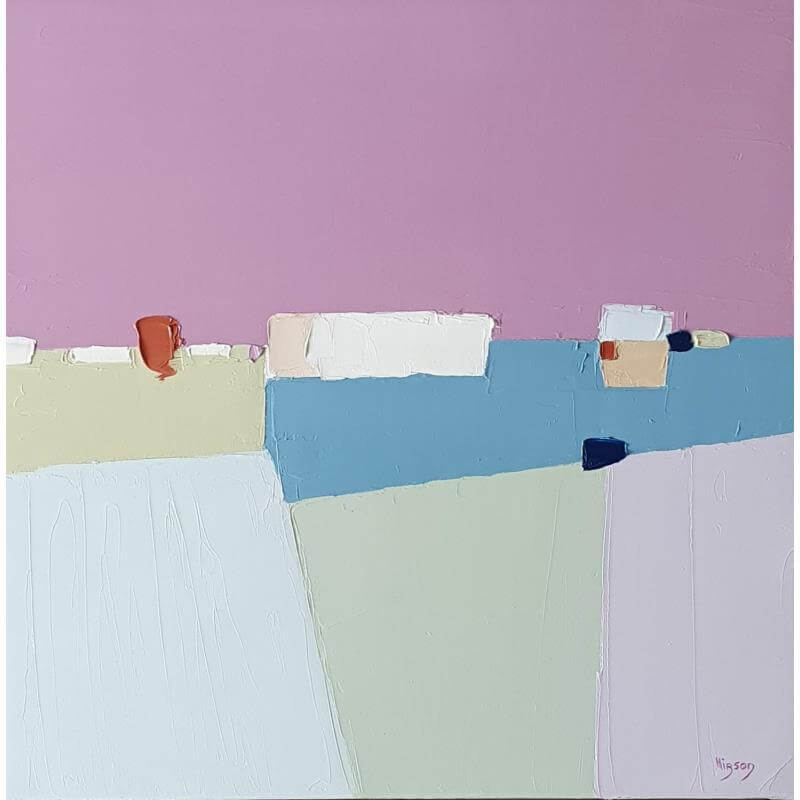
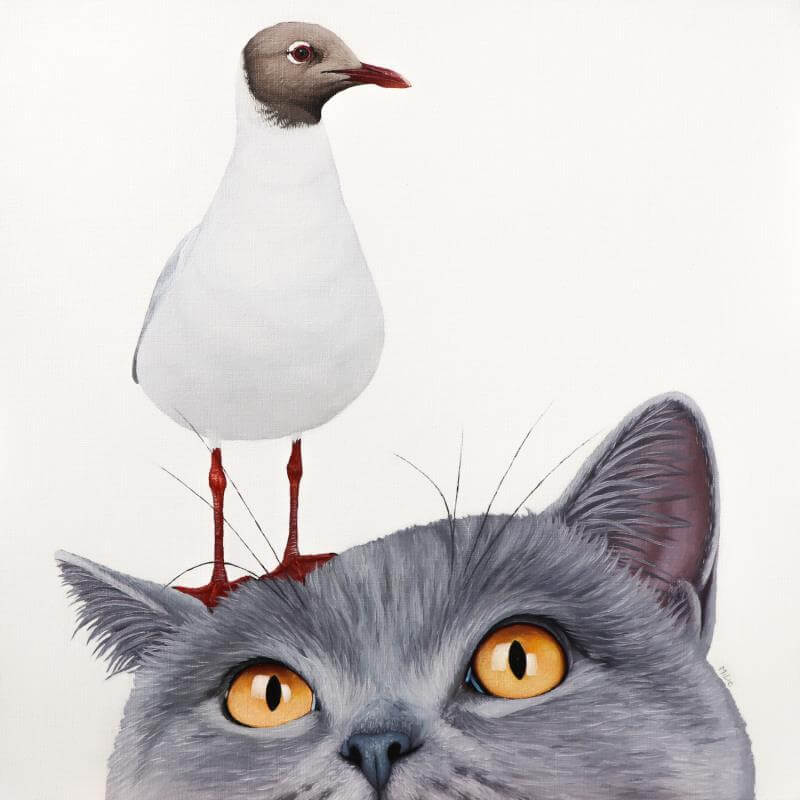
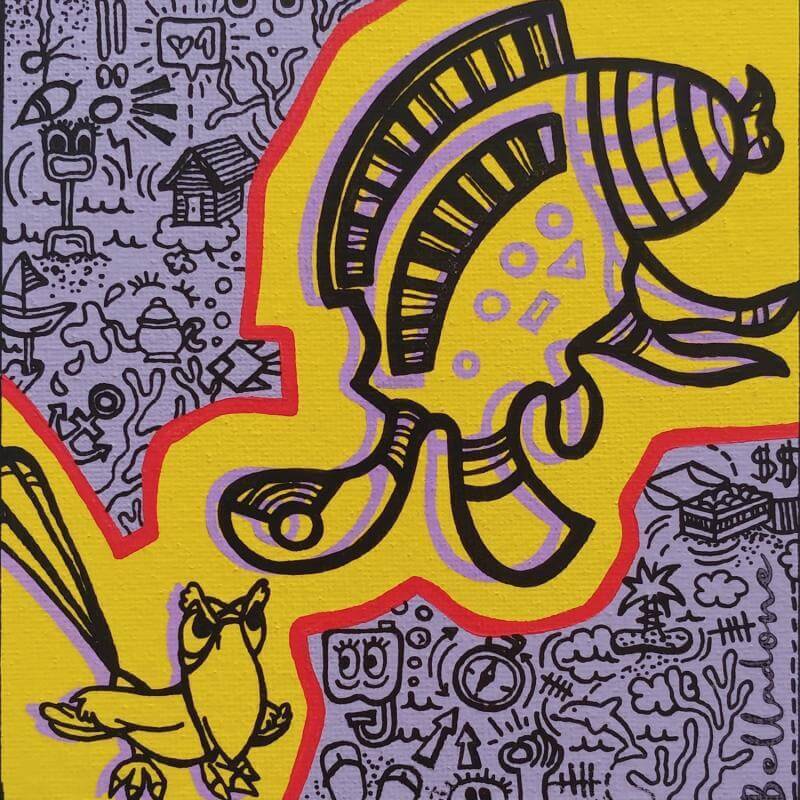
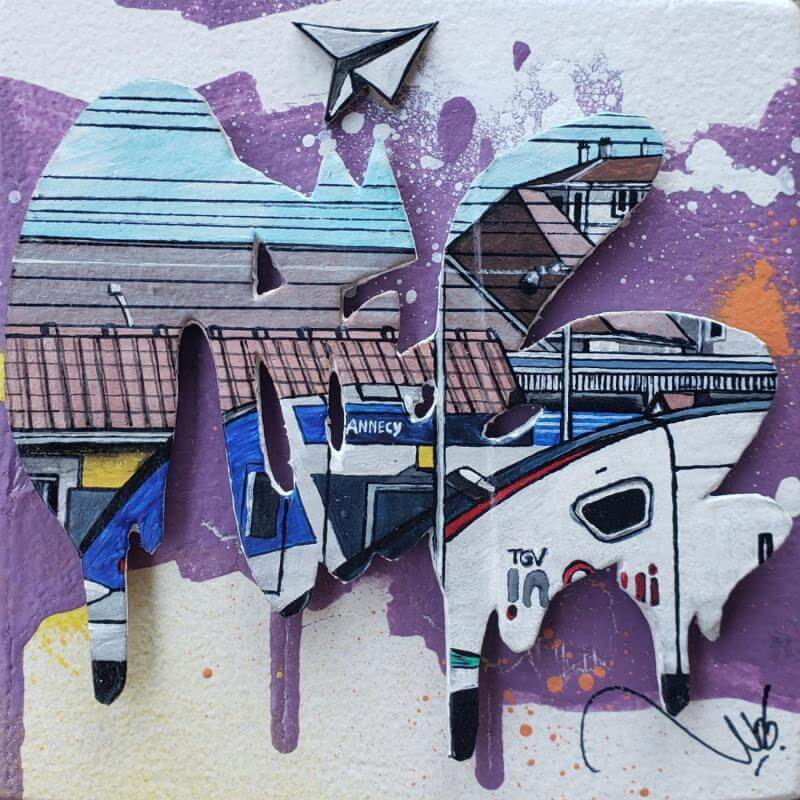
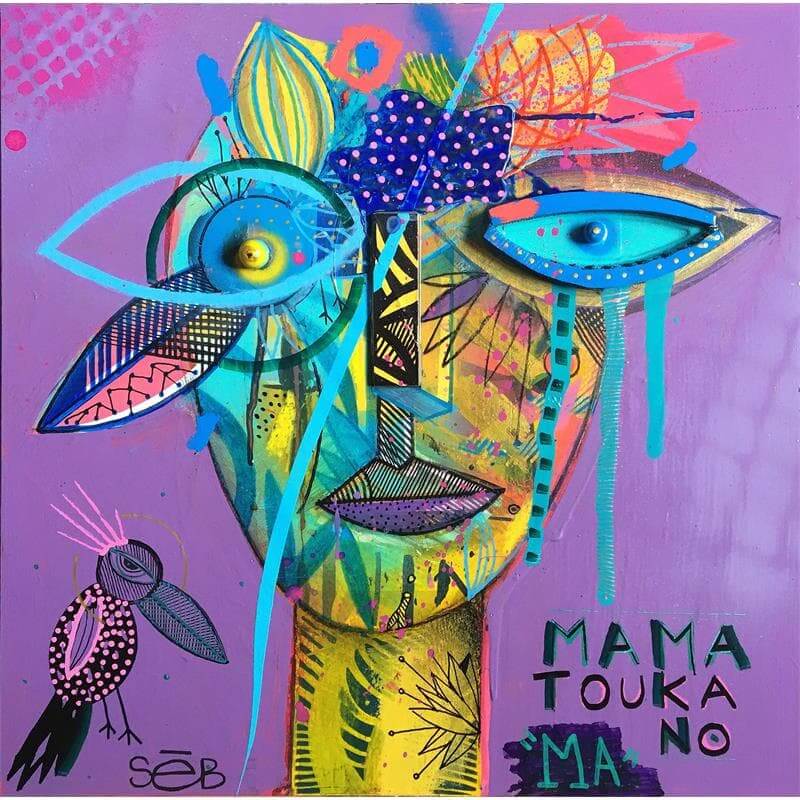
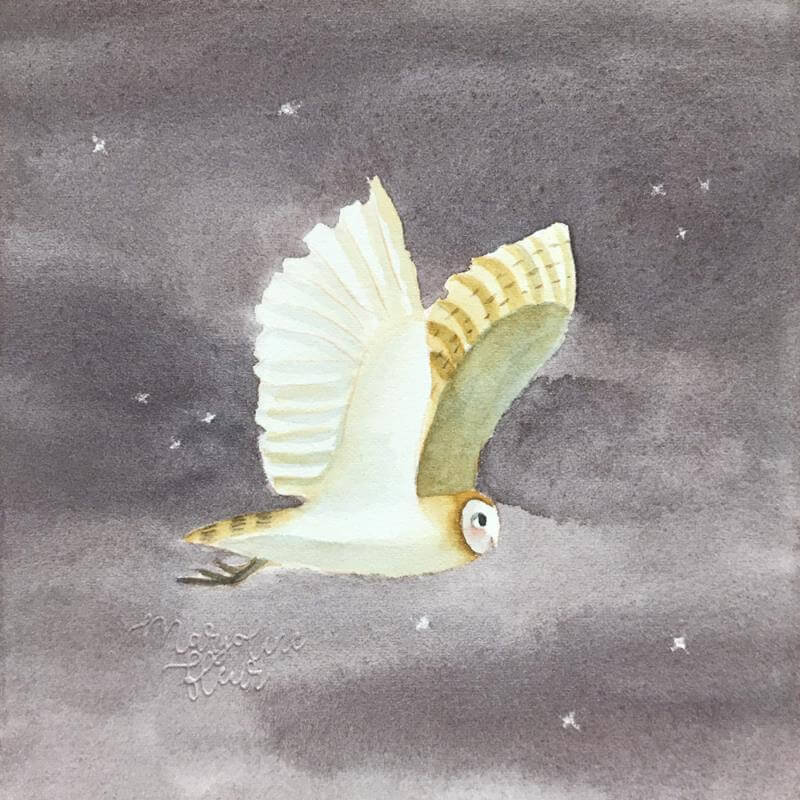
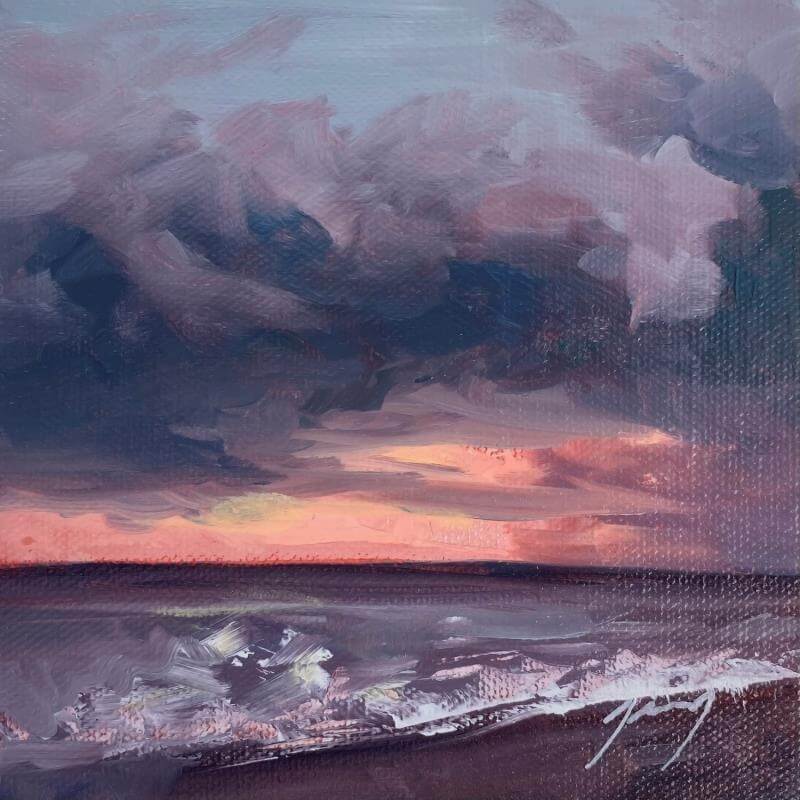
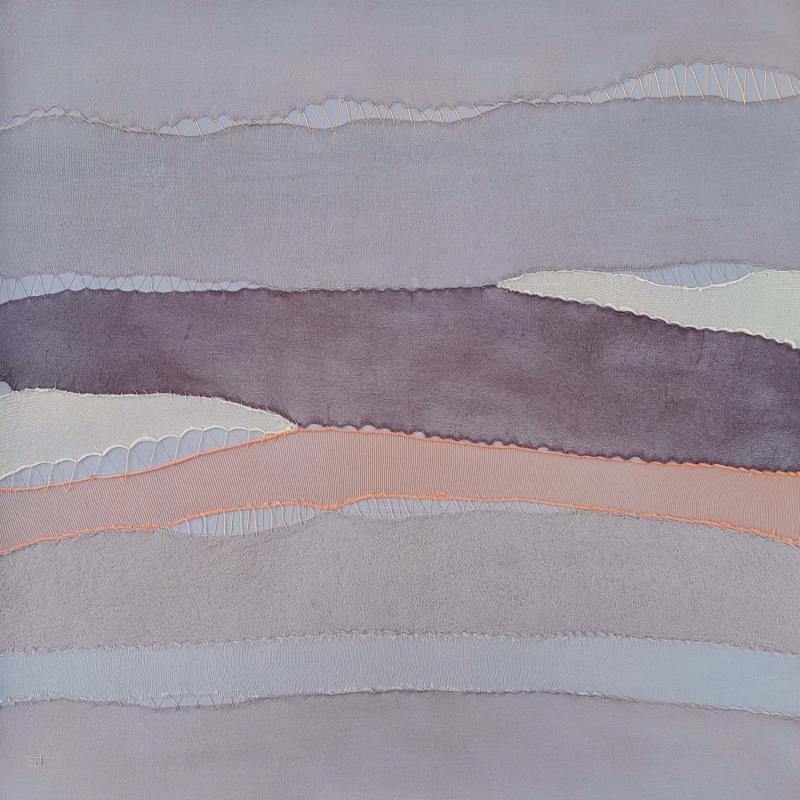
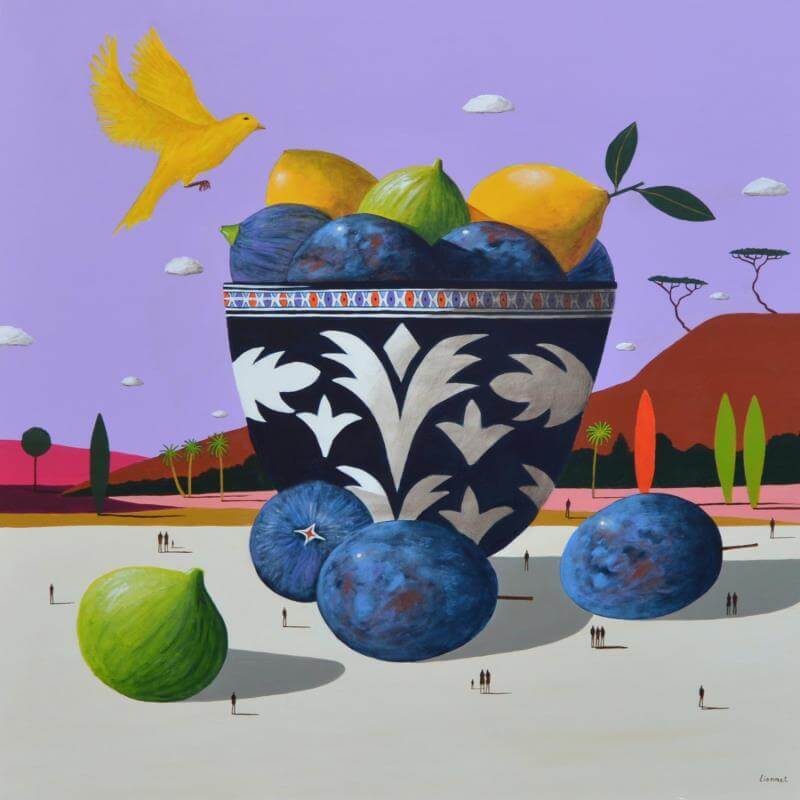
2.jpg)

